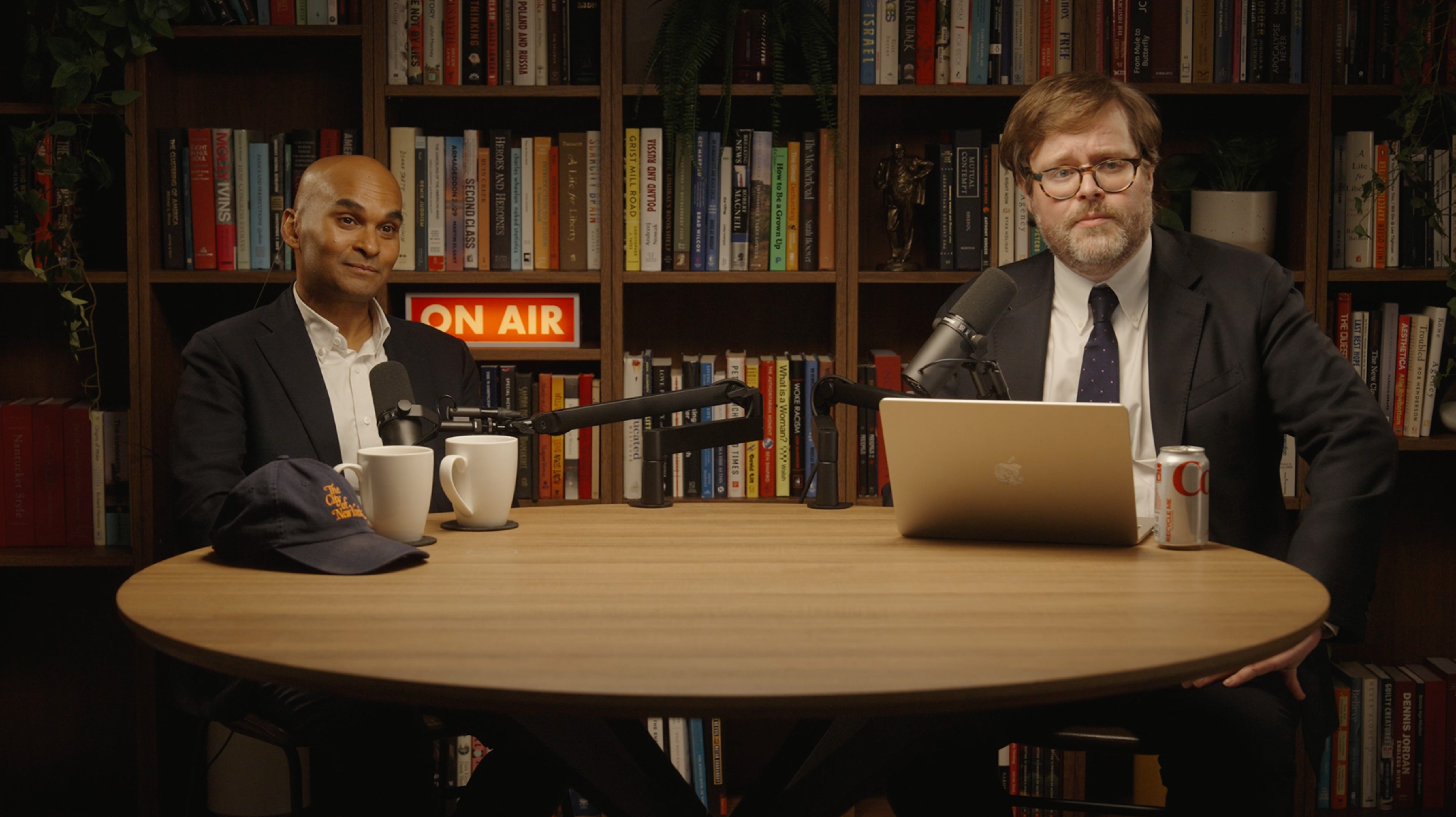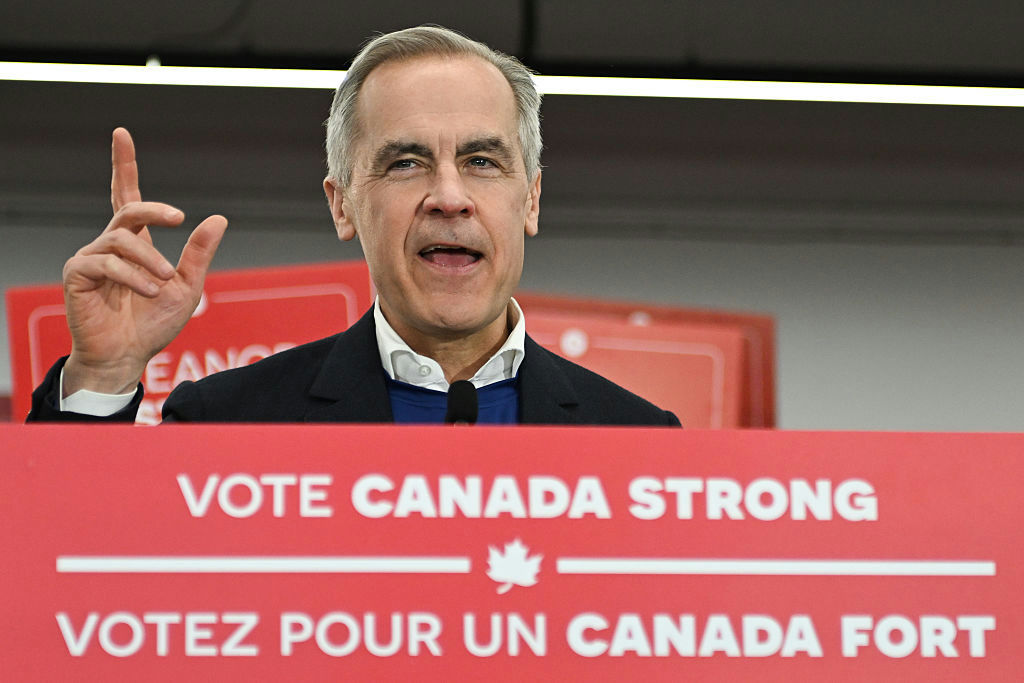International election observers in U.S. hoping to "calm some of the fears" around the vote
London — In the lead-up to Election Day, international observers have been on the ground in the U.S. monitoring electoral procedures to report on how — and whether — the democratic process works. They're watching how absentee ballots are handled, access to polling places for early voting, and compliance with changing electoral laws across the country.
"We really do set the gold standard in election observation internationally. So one of our aims is, not only to produce a good analysis and then recommendations, but also hopefully to calm some of the fears that people might have," said Urszula Gacek, who heads the U.S. observation mission of the Organization for Cooperation and Security in Europe.
Americans "can rely on us to give a good, solid, impartial assessment come the fourth of November, the day after the election," Gacek told CBS News.
The OSCE is a security-oriented intergovernmental organization made up of 57 nations, including the United States. Based in Vienna, Austria, the OSCE sends election observers to countries around the world to "assess the extent to which elections respect fundamental freedoms and are characterized by equality, universality, political pluralism, confidence, transparency and accountability."
The State Department has invited the OSCE to observe every U.S. presidential election since 2002. In total, they have monitored nine American elections, including midterms.
After announcing their initial findings on November 4, observers are expected to issue a full report around the time of the inauguration in January.
Why do we have international observers?
Election observation missions arrive weeks ahead of a vote to begin assessing the pre-election day environment, including voter registration, the campaigns, fundraising, and relevant legislation. On Election Day, they observe the process itself and then compile a final report on what worked well and what could be improved.
"We're not some kind of election police. We don't interfere. We definitely don't intimidate... We're a formidable, experienced team, but very professional, very detached in what we do," Gacek told CBS News.
She said changes in the voting process due to COVID-19 have made this election different.
"This has become an election about an election to a certain degree. So suddenly, the way you cast your ballot has become a contentious political subject," Gacek said. "We leave the political assessment, as such, to the pollsters and the political pundits. However, in as much as it impacts on the work of the election administration and the confidence that the voters have in the system, it is an important factor that we are taking into consideration."
The pandemic has forced the OSCE to send a much smaller team to the United States than it would have liked. It had initially recommended that about 500 observers be sent to locations across the country. In the end, only around 30 people from the main election observation arm of the OSCE will be on the ground, joined by about 100 politicians from other OSCE countries. Gacek says those reduced numbers mean the observing mission will not be able to produce statistically significant reports of events on Election Day, but she says her team is still equipped to give a detailed assessment.
The Organization for American States, made up of 35 countries in the Americas, has also sent observers. Its mission began on October 30th, and it is the second time the group has sent observers to monitor a U.S. election.
For many states, the election has already begun.
"We have a situation where the game is on, because it is definitely on with early voting, in-person and postal ballots, but the rules are still being changed," Gacek said.
Among the things the OSCE team will continue to monitor right up through November 3, and potentially beyond, is adherence to election laws. More than 365 lawsuits have already been filed relating to the election — some pertaining to alternative voting methods in response to COVID-19 — and some stakeholders have expressed concerns to election observers that changing laws could impact people's abilities to cast their votes or have their votes counted.
The delegation is also observing early voting processes, whether in person or by post, to assess state-by-state how and whether systems work as they are intended to, including how election officials deal with the anticipated higher level of absentee ballots seen this year.
"For voters, I think it adds to the credibility. They can be confident that we won't be manipulated in any way, that our assessment will not be manipulated in any way," Gacek said.
"One thing that they will not get, which they never get, is we will not declare whether this election is valid or legal. That is never our job. That is always up for the domestic authorities, most often the domestic courts, to decide, should there be any kind of dispute," Gacek continued. "You will get really incisive, comprehensive, impartial, evidence based analysis. And then you can draw your own conclusions."





